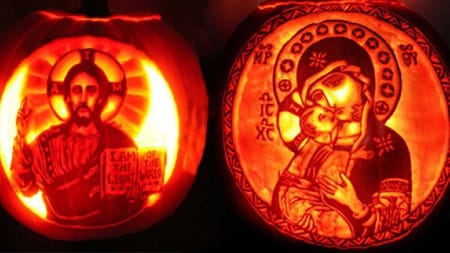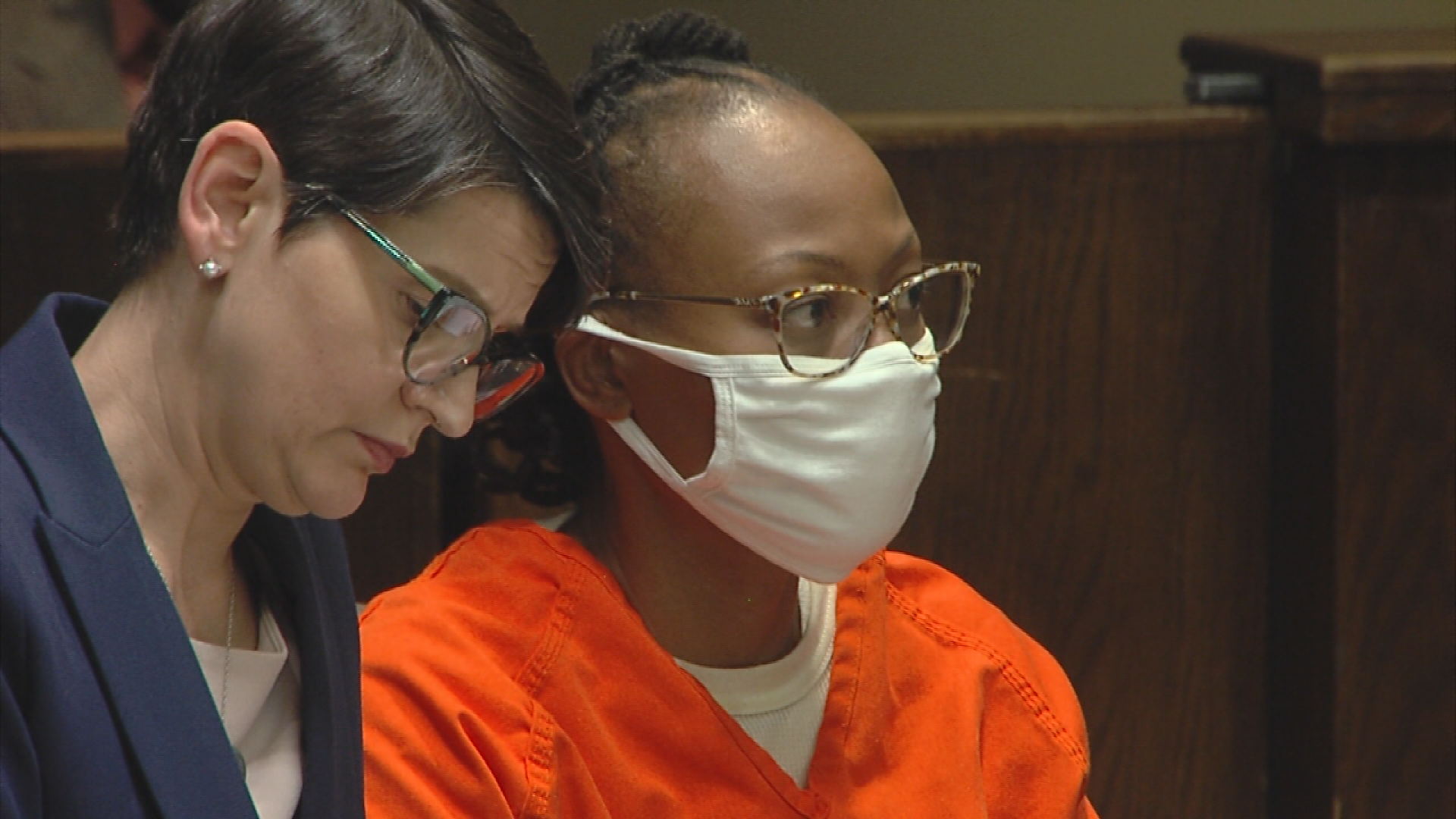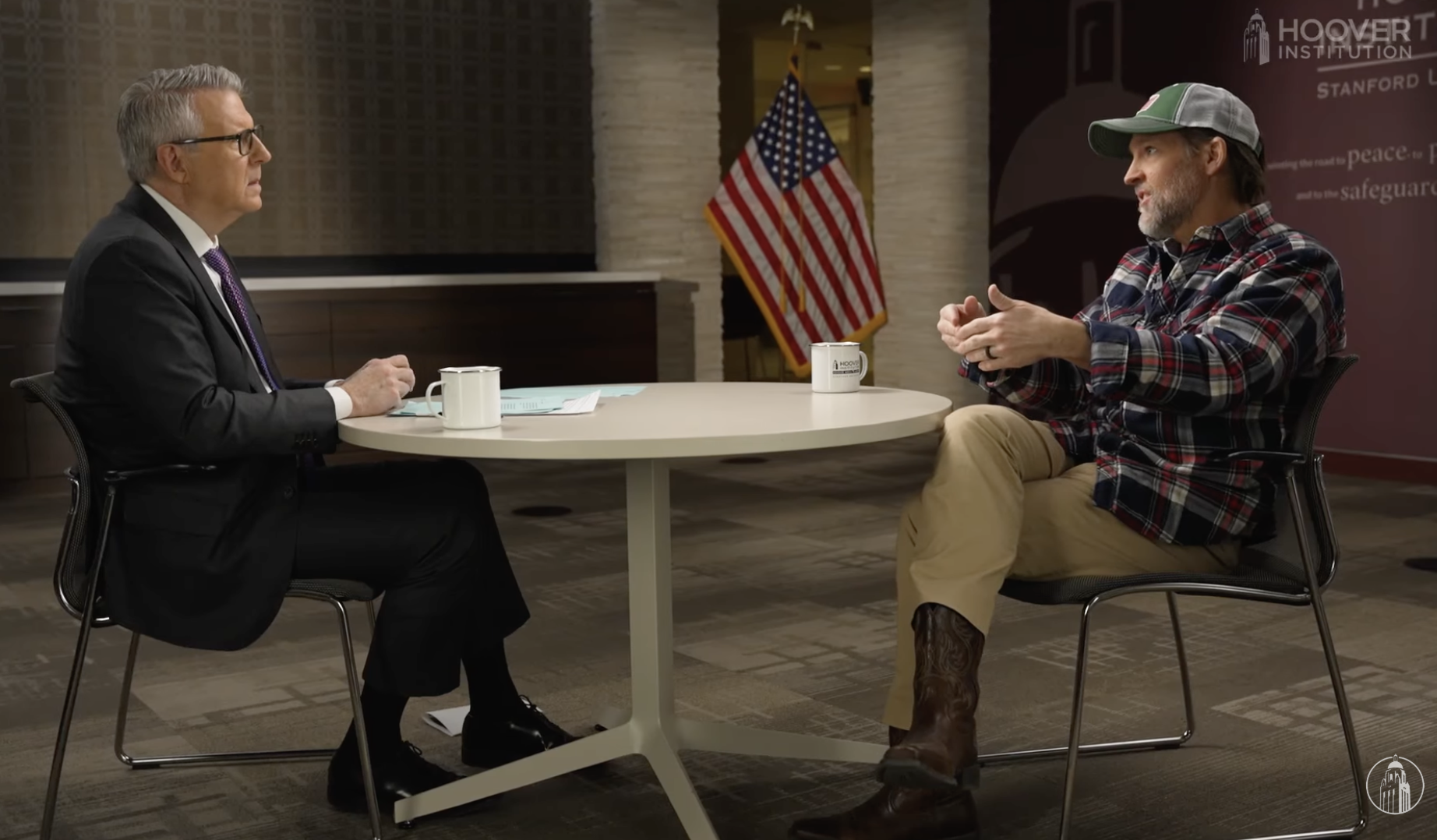Halloween Has Always Been a Christian Holiday

Global - As Halloween celebrations took place worldwide on October 31, 2025, many Christians were reminded that the holiday's origins are deeply rooted in Christian tradition, not pagan practice, contrary to popular belief.
Halloween, also known as All Hallows' Eve or All Saints' Eve, is the evening before the Western Christian feast of All Saints' Day on November 1. The name "Halloween" comes from the Scottish form of "All Hallows' Eve," where "hallow" derives from Middle English and Old English meaning "holy" or "saint." The word means "Saints' Evening" and has its origin in Christianity.
All Saints' Day began after the legalization of Christianity in 313 A.D., when common commemoration of saints, especially martyrs, appeared in various areas throughout the Church. The Eastern city of Edessa celebrated this feast on May 13, while Syrians celebrated on the Friday after Easter, and Antioch on the first Sunday after Pentecost.
On May 13, 609 A.D., Pope Boniface IV consecrated the Pantheon in Rome, which had been a pagan temple to "all gods," to the Blessed Virgin Mary and all the martyrs, establishing the Catholic feast of All Martyrs Day. Pope Gregory III (731-741 A.D.) later expanded the festival to include all saints and martyrs and dedicated an oratory in St. Peter's Basilica to "all saints" on November 1, which became the official date for the celebration.

By the 9th century, Christianity's influence had spread into Celtic lands. Pope Gregory IV (827-844 A.D.) officially declared November 1 the feast of All Saints throughout the Holy Roman Empire, asking King Louis the Pious to proclaim it across the realm.
All Souls' Day, commemorating all deceased Christians, became widespread in the 12th century with its date fixed on November 2. By the end of the 12th century, these had become holy days of obligation in Western Christianity, involving traditions such as ringing church bells for souls in Purgatory and "criers dressed in black" parading streets "calling on all good Christians to remember the poor souls."
The Allhallowtide custom of baking and sharing soul cakes for all christened souls has been suggested as the origin of trick-or-treating. This custom dates back at least to the 15th century in parts of England, Wales, Flanders, Bavaria and Austria. Groups of poor people, often children, would go door to door during Allhallowtide, collecting soul cakes in exchange for praying for the dead.

Christians traditionally abstained from meat on All Hallows' Eve, a tradition reflected in eating vegetarian foods including apples, potato pancakes, and soul cakes. Traditional Catholics, Lutherans and Anglicans continue this fasting practice today.
While souling, Christians would carry "lanterns made of hollowed-out turnips," which could have originally represented souls of the dead; later jack-o'-lanterns were used to ward off evil spirits. Christian minister Prince Sorie Conteh linked the wearing of costumes to the belief in vengeful ghosts: "It was traditionally believed that the souls of the departed wandered the earth until All Saints' Day, and All Hallows' Eve provided one last chance for the dead to gain vengeance on their enemies before moving to the next world. In order to avoid being recognized by any soul that might be seeking such vengeance, people would don masks or costumes."

In the Middle Ages, churches in Europe too poor to display relics of martyred saints at Allhallowtide let parishioners dress up as saints instead. Some Christians observe this custom at Halloween today.
Many Christians in mainland Europe, especially France, believed "that once a year, on Hallowe'en, the dead of the churchyards rose for one wild, hideous carnival" known as the danse macabre, often depicted in church decoration. This tradition urged Christians "not to forget the end of all earthly things." The danse macabre was sometimes enacted in European village pageants and court masques with people "dressing up as corpses from various strata of society," possibly the origin of Halloween costume parties.
During Allhallowtide, it was common for Christians to visit graveyards to remember loved ones, decorating graves with flowers, candles, and incense. Across Christendom, Christians flocked to cemeteries "decorating the graves of their dear ones with flowers, tending the lawn, and spreading fresh white gravel around the tombs" with candles in glass lanterns "placed around the graves or at the foot of the tombstones."
In Scotland and Ireland, old Allhallowtide customs continued because they "were important to the life cycle and rites of passage of local communities." Candles called "soul lights" were lit in homes "to guide the souls back to visit their earthly homes."
The common claim that Halloween derives from the pagan Celtic festival Samhain is largely speculative and not substantiated by historical records. The earliest documentary sources indicate that Samhain was a harvest festival marking the end of the Celtic year on November 1, with no particular ritual connections to the dead. While it marked a liminal time when the veil between worlds was considered thinner, elaborating this into a festival of the dead is more than textual evidence supports.

Scholarly research into Halloween's origins often points to its emergence independently within the Christian tradition, rather than as an adaptation of pagan Samhain rituals. Halloween's practices and customs, including attending church services, lighting candles on graves, and later traditions of trick-or-treating, have clear roots in Christian liturgical observances.
All Saints' Day evolved in the Church's life independently of paganism and Halloween. Church historian John Beleth (d. 1165) confirmed Pope Gregory IV officially declared November 1 the feast of All Saints. St. Bede (d. 735) recorded All Saints' Day celebration on November 1 in England.
During the 20th century, Halloween became largely secularized in America, though some traditional Christian groups continued embracing its Christian origins. Congregations of the Church of England host "light parties" in fellowship halls on All Hallows' Eve. In Lutheran, Anglican and Reformed traditions, All Hallows' Eve is dually celebrated as Reformation Day.
TAKE ACTION
Reclaim Halloween's Christian Meaning:
- Attend All Saints' Day Mass on November 1
- Visit cemetery to pray for and remember deceased loved ones
- Learn about saints and martyrs with your family
Christian Halloween Alternatives:
- Host a "Saints Party" where children dress as saints
- Participate in church "Light Parties" or "Harvest Festivals"
- Share soul cakes and pray for the faithful departed
Educational Resources:
- Catholic Culture: https://www.catholicculture.org
- Learn authentic Christian Halloween traditions





